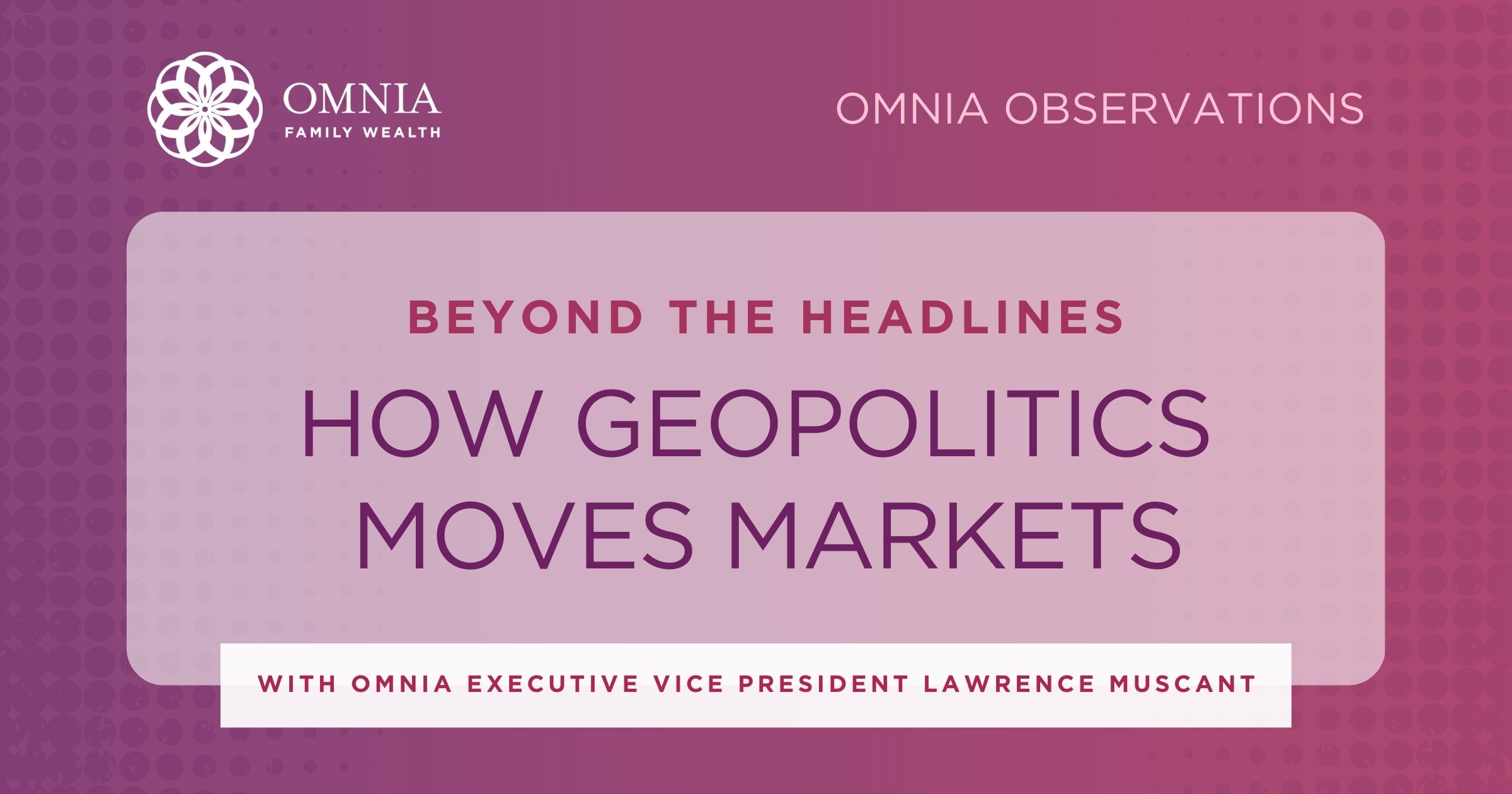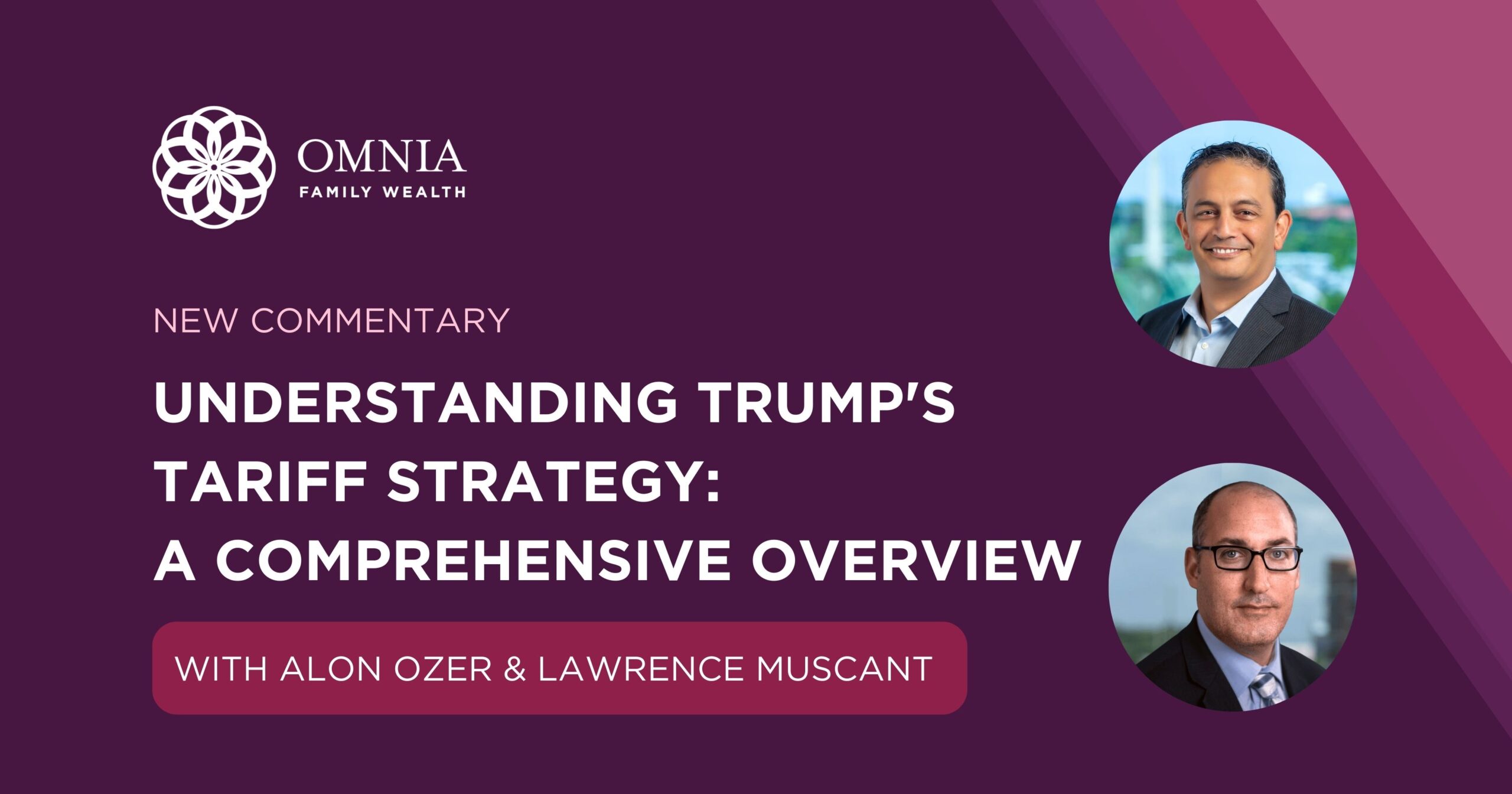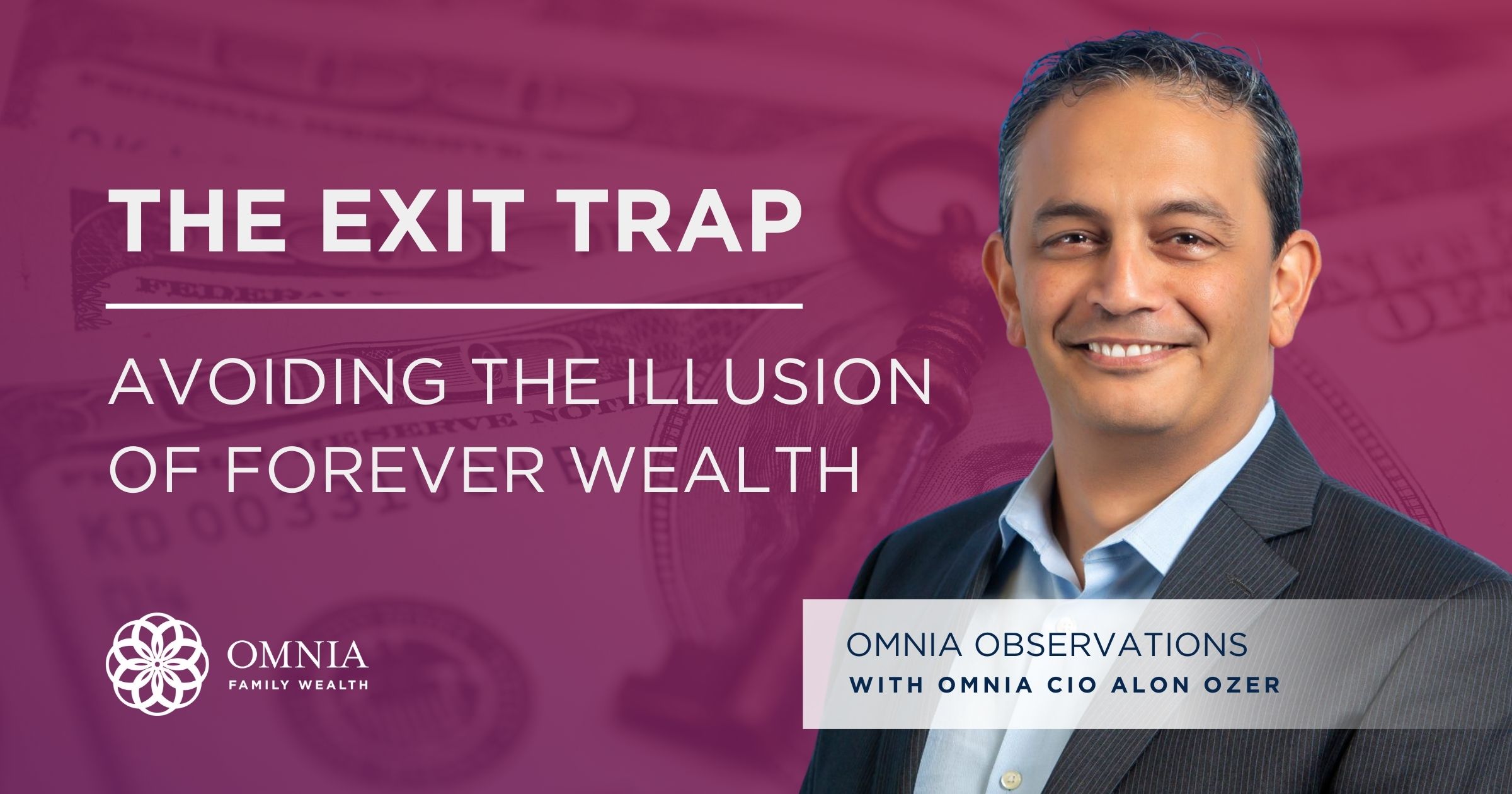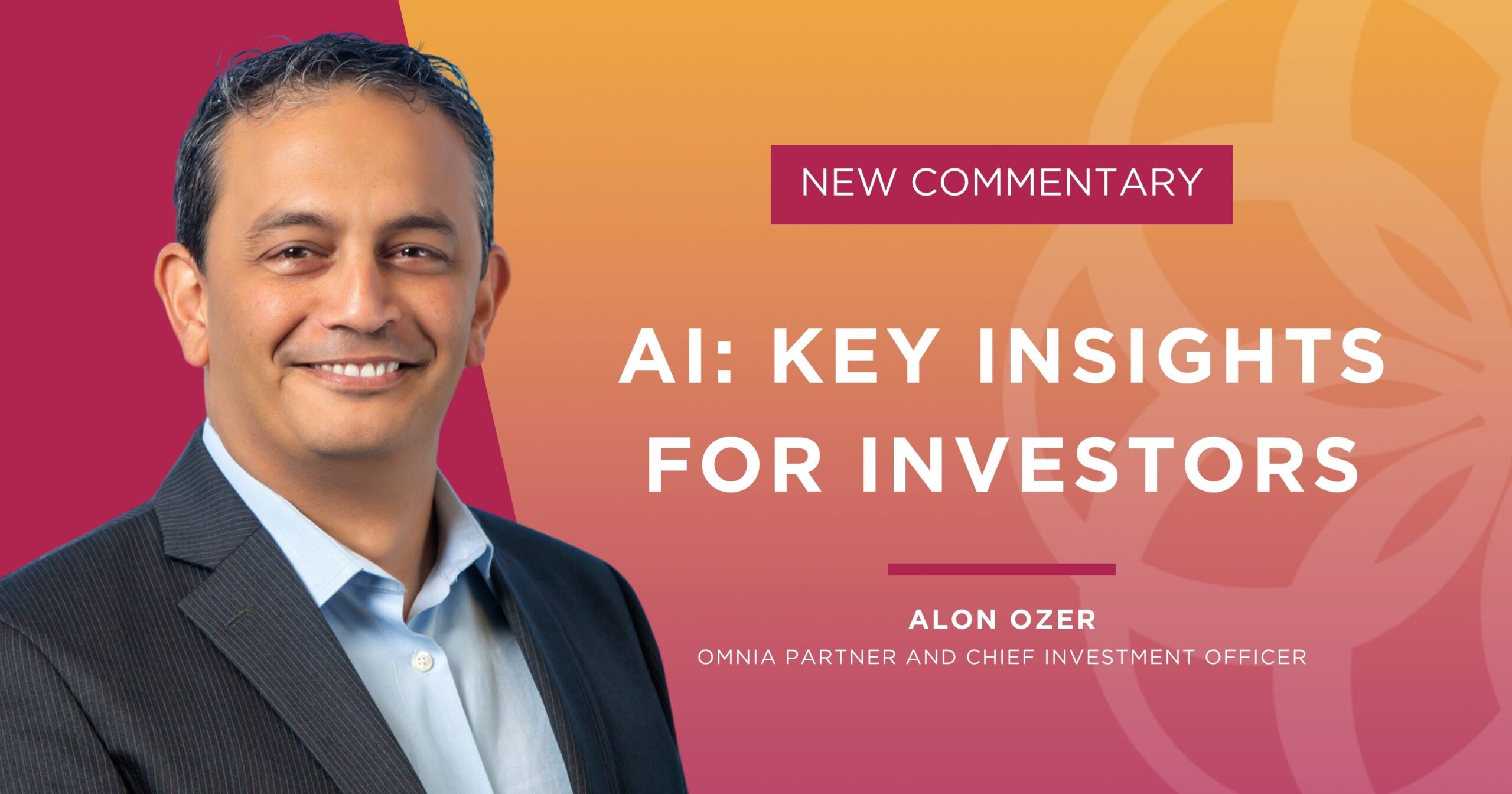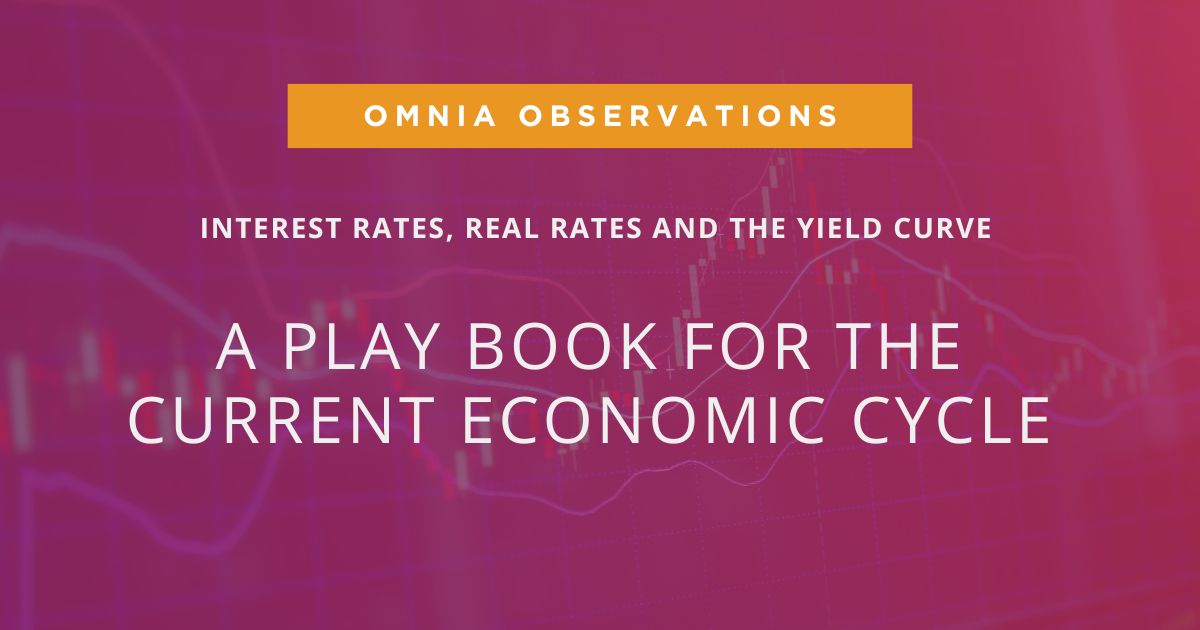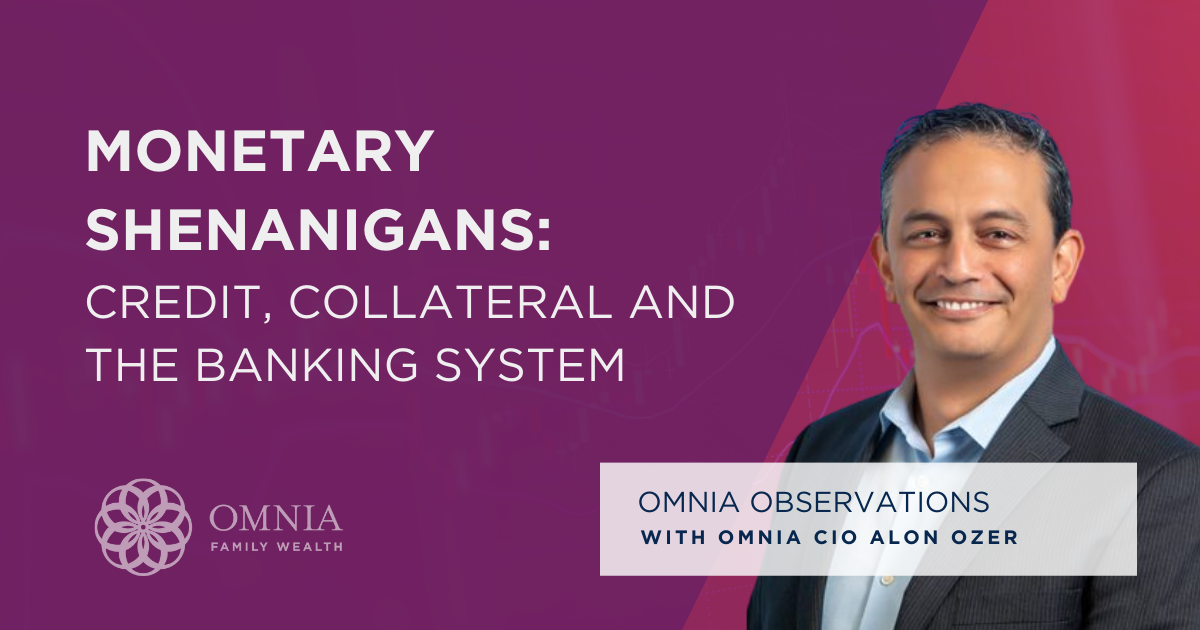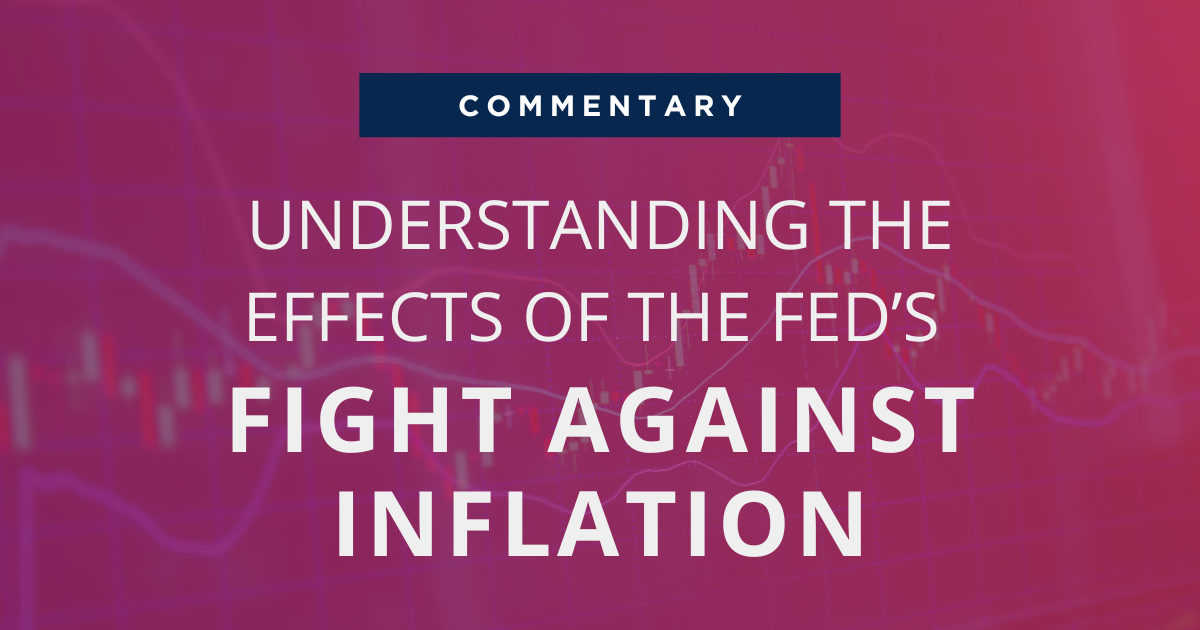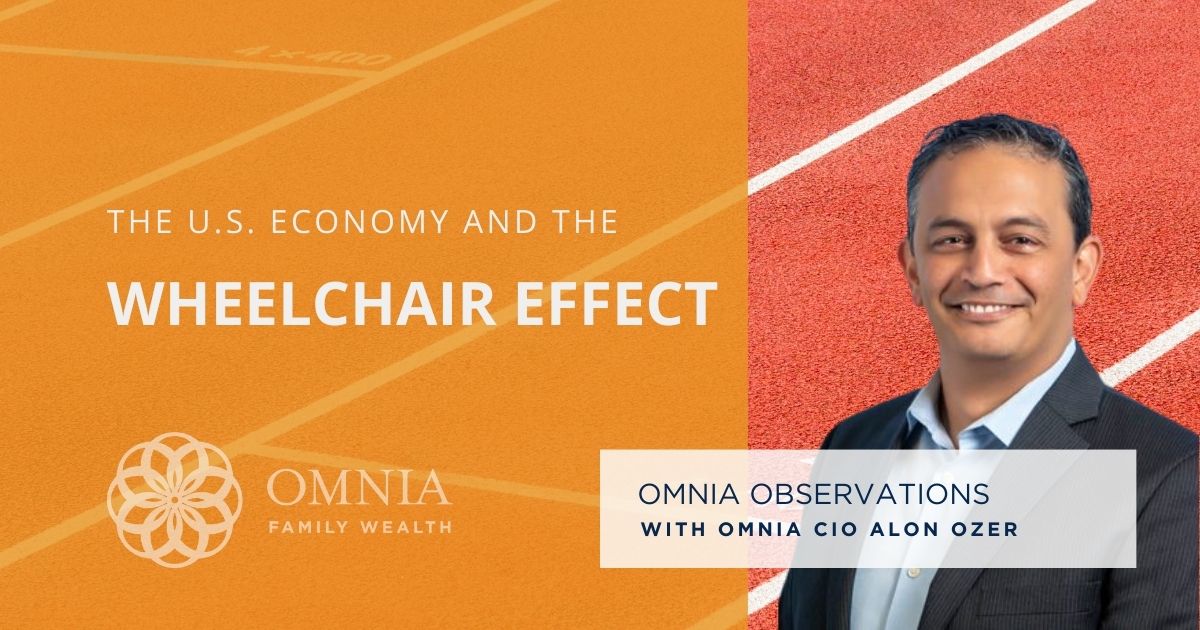
We Just Can’t Let This Crisis Go to Waste: Clean Energy Must Be a National Priority
The current crises reminded us of our vulnerability as a human society and of the weak points in our economy. It also reminded us (and proved to some) that increasing pollution made us more vulnerable to all kinds of respiratory diseases, as we found that air pollution is linked to far higher COVID-19 death rates. Global warming issues might have been moved to the back burner for now, but we know for a fact that water and air pollution are only going to increase and must be addressed now.
In one of my recent memos, I wrote about the desperate need for long term investment in new technologies, and as an example, I gave the American reaction to the Soviet Union’s launching of the world’s first satellite in 1957. The US response was the creation of NASA in 1958. We all know the impact NASA had on innovation and new technologies in the USA.
But this time, the importance is vastly higher. The USA is on a major crossroads as a leading nation, and many of the country’s core strengths are standing to the test. Our financial strength, the supremacy of the US Dollar as the world’s reserve currency, and our position as a leader in innovation and technologies.
One good thing the crisis has caused is that it accelerated innovation and raised the entrepreneurial spirit of many young Americans. It brought leading universities and corporations to work together and not for the purpose of profit. Just look at the hundreds of companies searching for a vaccine together and the new hundreds of billions of federal and private capital invested in the field. When we are backed to the wall, we become very creative, but why wait for a crisis to get creative?
What the government must do right now
Spending money you don’t have just because you can keep borrowing isn’t a good long-term strategy. But we are already here, so we better have something to show for it. The government must integrate a new and robust clean energy bill into its COVID-19 economic recovery programs, as part of its fiscal stimulus packages. The government is already supporting the economy with trillions of new “printed” dollars. Still none of it so far is directed toward long term projects that would have a positive economic impact in the future. We can create new jobs in growing industries of the future, instead of trying to keep jobs in old expansive, slowing industries. The fact that fossil fuels get about 4 to 5 times more subsidies than renewables just doesn’t make sense. Where’s the benefit of supporting old technologies and not new technologies? The potential economic boost to the economy is vastly underestimated.
The Fed and the Treasury can find much better companies to support
What the Fed is basically doing is monetizing the fiscal policy. The treasury issues debt to finance the economic stimulus, and the Fed is the one buying the large majority of that debt. But the Fed is also buying debt of the companies. The Fed is purchasing bonds of companies we call “Zombie” companies. That means that their EBITDA is lower than the interest they have to pay on their debt. Hertz was one of them. It would be a mistake of generational proportions if we see the Fed supporting fossil fuel companies that are on the verge of bankruptcy anyway. A waste of important resources.
Investment opportunities
A long-term program that combines government and private money could be a tremendous boost to the sector. As investors of generational wealth, we see tremendous opportunities in future clean energy technologies whether, it’s in improving efficiency of existing technologies, creating new efficient products, developing new energy storage solutions, or inventing new types of energy sources!
It’s worth it
Achieving real and sustainable energy independence is a national strategic objective. We have so much to benefit as a country by supporting this field. Renewable energies will become an increasing source for new companies, new jobs and new opportunities for investors. We will enjoy a strong and competitive clean energy economy with lower energy costs for consumers and businesses and a healthier population. It will decrease geopolitical tensions related to oil and hurt rogue regimes financed by oil. But most importantly, we will be giving our children a healthier, more secure future.
Click here to download the article.
Important Information
Omnia Family Wealth, LLC (“Omnia”), a multi-family office, is a registered investment advisor with the SEC. This commentary is provided for educational and informational purposes only. It does not take into account any investor’s particular investment objectives, strategies, tax status, or investment horizon. No portion of any statement included herein is to be construed as a solicitation to the rendering of personalized investment advice nor an offer to buy or sell a security through this communication. Consult with an accountant or attorney regarding individual tax or legal advice.
Advisory services are only offered to clients or prospective clients where Omnia Family Wealth and its representatives are properly licensed or exempt from licensure. Information in this message is for the intended recipient[s] only. Please visit our website https://omniawealth.com for important disclosures.
This content is provided for informational purposes only and is not intended as a recommendation to invest in any particular asset class or strategy or as a promise of future performance. References to future returns are not promises or even estimates of actual returns a client portfolio may achieve.
The views expressed herein are the view of Omnia only through the date of this report and are subject to change based on market or other conditions. All information has been obtained from sources believed to be reliable, but its accuracy is not guaranteed. Omnia has not conducted an independent verification of the data. The information herein may include inaccuracies or typographical errors. Due to various factors, including the inherent possibility of human or mechanical error, the accuracy, completeness, timeliness and correct sequencing of such information and the results obtained from its use are not guaranteed by Omnia. No representation, warranty, or undertaking, express or implied, is given as to the accuracy or completeness of the information or opinions contained in this report. This report is not an advertisement. It is being distributed for informational and discussion purposes only. Omnia shall not be responsible for investment decisions, damages, or other losses resulting from the use of the information. This report is not intended for public use or distribution. The information contained herein is confidential commercial or financial information, the disclosure of which would cause substantial competitive harm to you, Omnia, or the person or entity from whom the information was obtained, and may not be disclosed except as required by applicable law.
Statements that are non-factual in nature, including opinions, projections, and estimates, assume certain economic conditions and industry developments and constitute only current opinions that are subject to change without notice. Further, all information, including opinions and facts expressed herein are current as of the date appearing in this report and is subject to change without notice. Unless otherwise indicated, dates indicated by the name of a month and a year are the end of the month.

